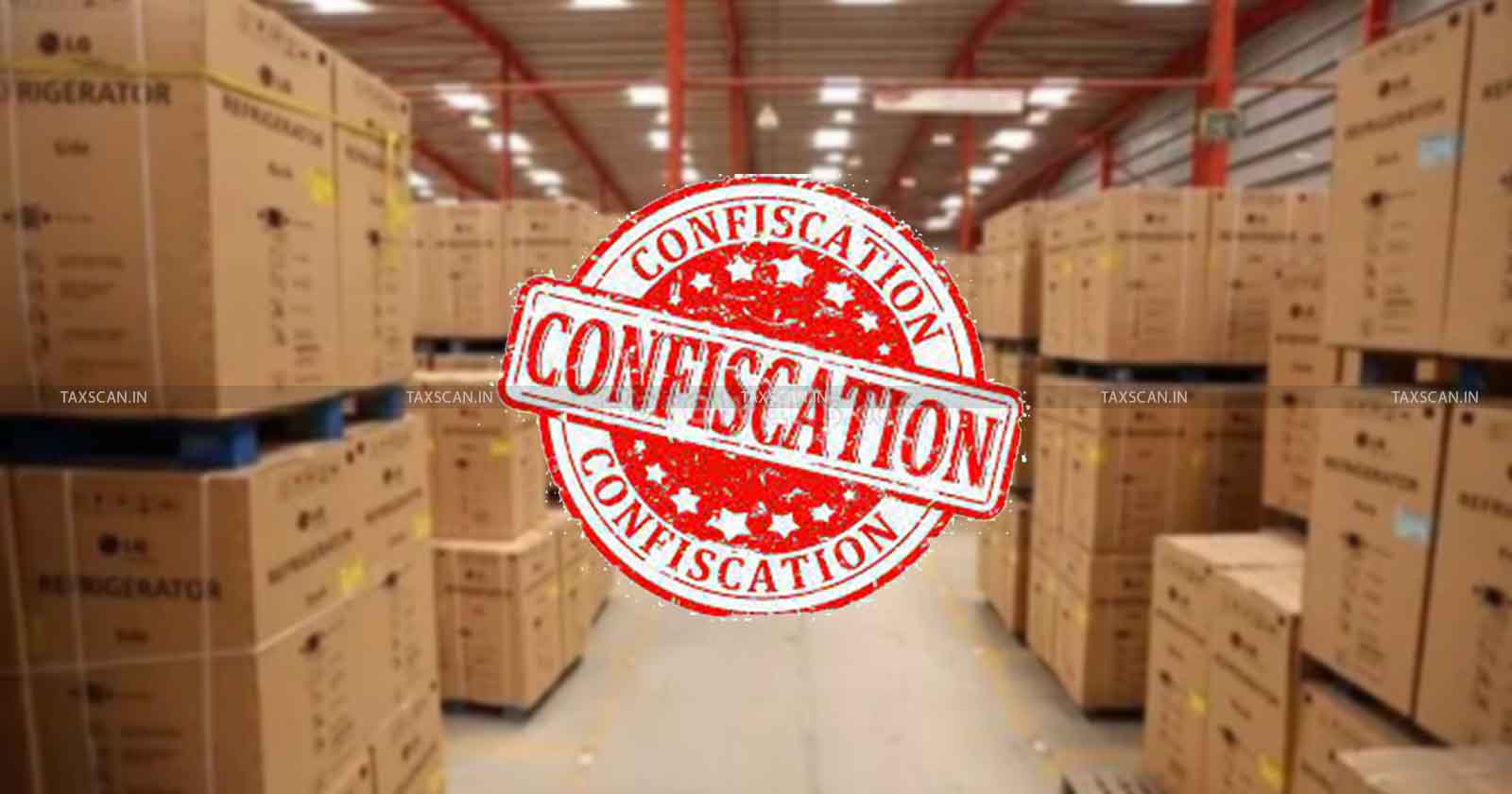Wine Stock Discrepancies in Bonded Warehouse: CESTAT finds License Cancellation Too Harsh [Read Order]
CESTAT held that cancellation of the bonded warehouse license was too harsh despite wine stock discrepancies and upheld a Rs. 4 lakh penalty instead.
![Wine Stock Discrepancies in Bonded Warehouse: CESTAT finds License Cancellation Too Harsh [Read Order] Wine Stock Discrepancies in Bonded Warehouse: CESTAT finds License Cancellation Too Harsh [Read Order]](https://images.taxscan.in/h-upload/2025/07/18/2065044-license-cancellation-taxscan.webp)
The Chandigarh Bench of the Customs, Excise, and Service Tax Appellate Tribunal (CESTAT) ruled that cancellation of a bonded warehouse license was too harsh a penalty in a case involving discrepancies in wine stock, especially when no evidence of collusion or intent to evade duty was found.
Ajay Wines & Spirits, the appellant, was granted a Public Bonded Warehouse License under Section 57 of the Customs Act, 1962. During a stock verification on 04.04.2024, Customs authorities found a shortage of 339 cases of imported liquor.
The appellant deposited customs duty amounting to Rs. 17.14 lakhs on 03.04.2024 and 04.04.2024 to account for the shortfall. A second stock verification on 23.04.2024 revealed additional shortages involving consignments of Red Label, Jacob Creek, and Cragganmore imported by Castle Spirits Pvt. Ltd.
How to Audit Public Charitable Trusts under the Income Tax Act Click Here
Based on these findings, the department suspected clandestine removal of goods and issued a show cause notice proposing cancellation of the license and imposition of penalty under Section 117. The Principal Commissioner of Customs, Ludhiana, passed an order cancelling the license and imposing a penalty of Rs. 4 lakhs. Aggrieved by this decision, the appellant approached the CESTAT.
 Also Read:Temporary Storage Outside Bonded Area is Not Unauthorized Removal: CESTAT Quashes Customs Confiscation and Penalty [Read Order]
Also Read:Temporary Storage Outside Bonded Area is Not Unauthorized Removal: CESTAT Quashes Customs Confiscation and Penalty [Read Order]
The appellant’s counsel argued that duty for the shortages had already been paid, part of it even before the first verification was conducted indicating there was no intent to evade. They further argued that the discrepancies were due to clerical mistakes by the CHA and that full duty had been paid on all the missing items, including 12 out of 50 cases of Jacob Creek and 10 cases of Cragganmore.
They submitted that the department had not drawn any panchnama for the first verification and had not provided any evidence proving collusion with the importer. The appellant also pointed out that they were not habitual offenders and had already paid the maximum penalty imposed.
Know How to Investigate Books of Accounts and Other Documents, Click Here
The revenue counsel countered that the appellant had violated the bonded warehouse regulations and that the license was rightly cancelled after proper procedure. They argued that the shortages and inconsistencies justified strict enforcement action.
The two-member bench comprising S.S. Garg (Judicial Member) and P. Anjani Kumar (Technical Member) observed that part of the customs duty was paid even before the first shortage was officially recorded, and that the actual shortage of Jacob Creek was only 12 cases, not 50 as mentioned in the impugned order.
The tribunal also observed that there was no evidence of collusion between the appellant and the importer and no indication of deliberate evasion.
The tribunal held that cancellation of the license was disproportionate to the nature of the offence, especially since the appellant had already paid the full penalty and was not a repeat violator. The tribunal set aside the cancellation of the bonded warehouse license while upholding the Rs. 4 lakh penalty under Section 117. The appeal was partly allowed.
Support our journalism by subscribing to Taxscanpremium. Follow us on Telegram for quick updates


